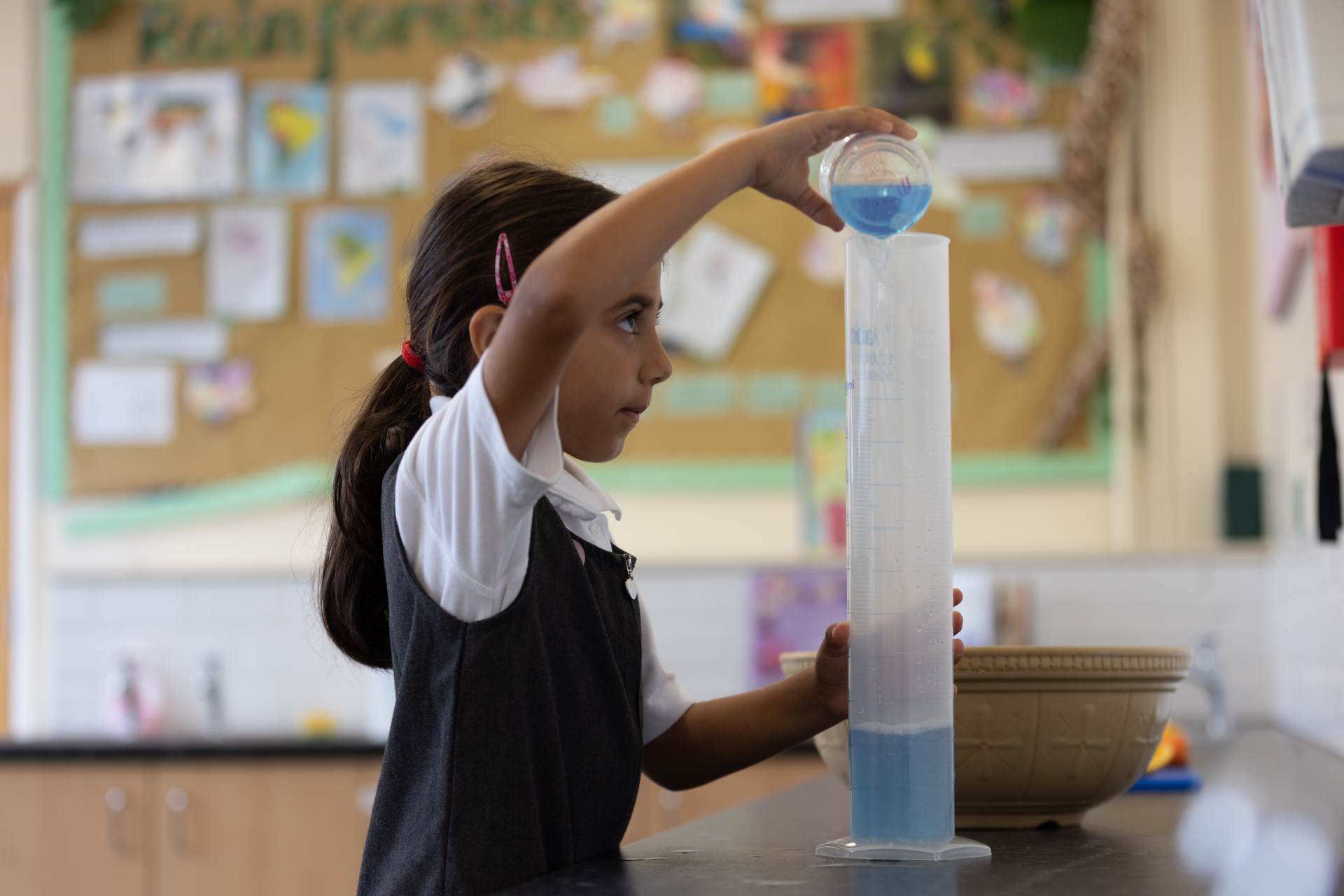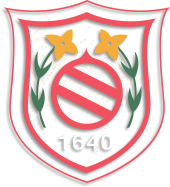Science

Science Long Term Planning Through learning in science or EYFS Understanding the World, we aim to foster a healthy curiosity in children about our universe and the world around them. We believe science encompasses the acquisition of knowledge, concepts, skills and the development of positive attitudes. We aim to create passionate scientists who appreciate the value of science in the wider world and the potential it can offer for the future.
We believe in:
- building on what pupils already know and inspiring them to ask high quality questions to further their curiosity
- all children having access to active, well resourced, pupil centred learning opportunities which will engage and encourage future aspirations
- the success for every child and that learning is meaningful to all
- the development of child independent learning and effective, quality feedback
The National Curriculum and the Early Years Framework define our science curriculum. We have chosen to follow the Kapow Scheme of Work to support curriculum coverage and we encompass high quality resources from The National STEM Learning Centre
As part of the Long Term Plan, year groups are allocated science topics to ensure that children cover all aspects of science as they progress through the school.
We aim for all children to:
- develop scientific knowledge and conceptual understanding through the specific disciplines of biology, chemistry and physics;
- develop understanding of the nature, processes and methods of science through different types of science enquiries that help them to answer scientific questions about the world around them develop knowledge and understanding of important scientific ideas, processes and skills and relate these to everyday experiences;
- equip children with the scientific knowledge required to understand the uses and implications of science, today and for the future.
- to develop attitudes of curiosity, originality, co-operation, perseverance, open mindedness, self-criticism, responsibility and independence in thinking;
- learn about ways of thinking and of finding out about and communicating ideas;
- retain and develop their natural sense of curiosity about the world around them;
- ask and answer scientific questions;
- develop the accurate use of scientific vocabulary through a range of enjoyable and interesting experiences;
- develop the skills to make systematic enquiries.
How we plan for and teach Science
Science is taught explicitly through a weekly session. The emphasis in Science at Dewhurst St Mary is not solely on knowledge; the development of ways children may investigate and solve problems scientifically; predicting, using results and data from tests, drawing conclusions and making links across themes is a priority.
We ensure that the ‘Working Scientifically’ skills are built-on and developed throughout children’s time at our school so that they can apply their knowledge of science when using equipment, carrying out practical investigations and explaining concepts confidently whilst continuing to ask questions and be curious about their surroundings.
We make children aware of environmental issues and encourage them to make their school more environmentally friendly, tackling areas such as energy saving, recycling and wildlife habitats.
How is our Science organised?
Our Long-term plan for Science provides an overview of how Science can be taught across the school year. Our scheme of work fulfils the statutory requirements outlined in the National curriculum (2014) and was designed with recommendations of the Ofsted Research review series: science and Finding the optimum: the science subject report in mind.
From the 2014 National curriculum, we have identified these strands which run throughout our scheme of work:
- Scientific knowledge and understanding – develop scientific knowledge and conceptual understanding through the specific disciplines of biology, chemistry and physics
- Working scientifically – develop understanding of the nature, processes and methods of science through different types of scientific enquiries that help them to answer scientific questions about the world around them
- Science in action – are equipped with the scientific knowledge required to understand the uses and implications of science, today and for the future.
Pupils will develop Scientific knowledge and understanding in seven key areas:
- Plants
- Animals including humans
- Living things and their habitats
- Materials
- Energy
- Forces, Earth and space
- Making connections
Working scientifically forms one of the strands in our curriculum, meaning that it is interwoven into each and every unit alongside scientific knowledge and understanding. We have created a Working scientifically – enquiry cycle which incorporates all the elements of working scientifically mentioned above in an easy-to understand model that also helps pupils to understand the steps involved in a complete scientific enquiry.
Science Long term planScience Curriculum overview for parent and carers


